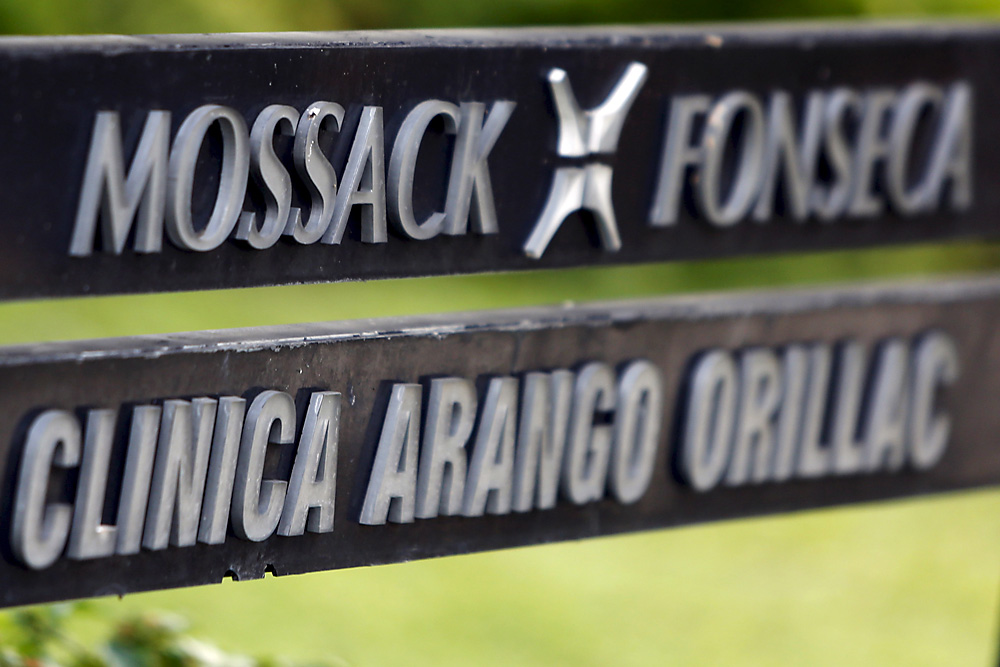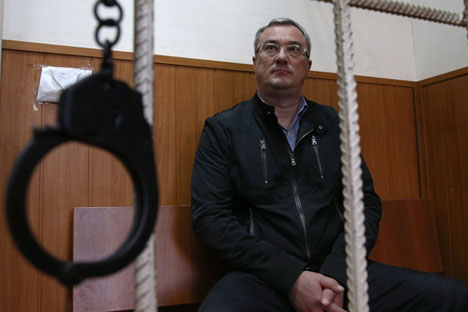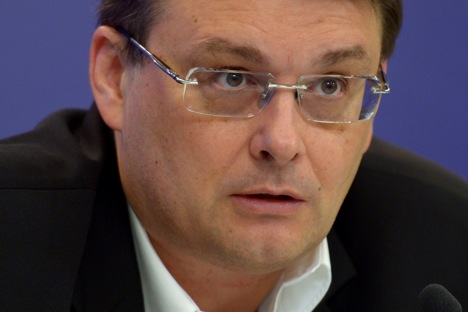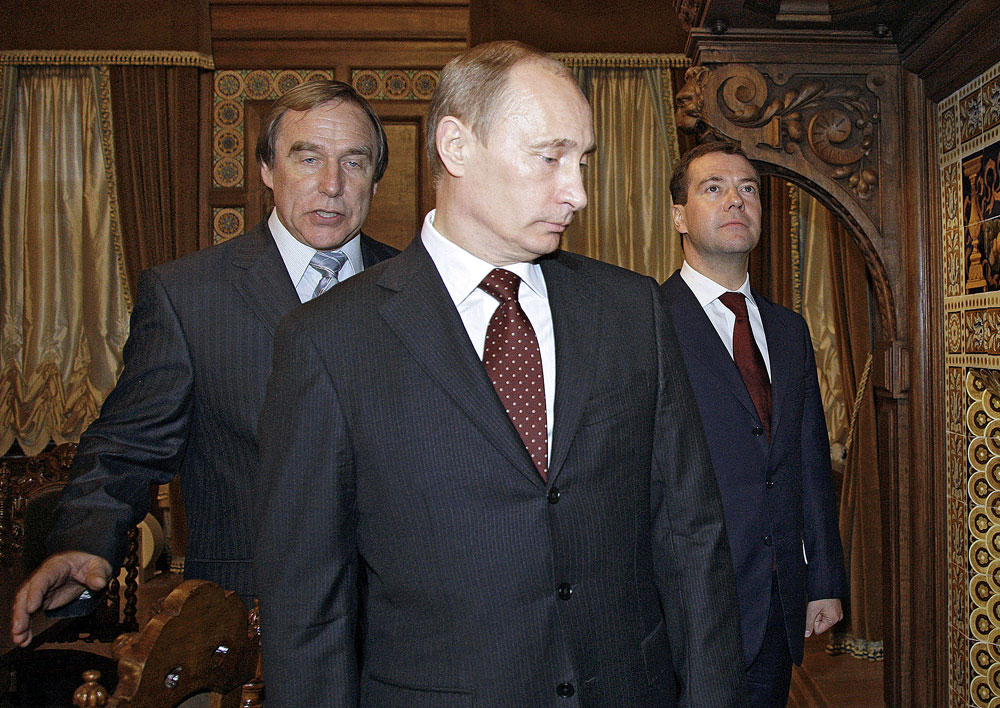Does Panama show Russian entrepreneurs are moving back onshore?

The Russian magnates who allegedly worked with the Mossack Fonseca Law Firm in Panama were often the owners of companies located on the British Virgin Islands. Source: Reuters
The business newspaper RBK Daily has reported that the expanded database of the Panama Papers, published in May by the International Consortium of Investigative Journalists, contains information on 16 of the 77 Russian dollar billionaires.
Based on the huge volume of documents, it is difficult to reliably confirm that the situation involves precisely those people, but the publication speaks exclusively of the entrepreneurs as “a person who matches that of...”
Among the offshore owners are individuals “whose names match” those of Russian billionaires such as Dmitry Rybolovlev (who is worth $7.7 billion, according to Forbes) and Alisher Usmanov ($12.5 billion).
There are 11 cards with the latter's name in the Panama Papers archives, showing his link to 15 offshore companies. Also, many off shore companies belonging to Russian oligarchs were closed in 2015 when the Russian government launched its much-trumpeted business de-offshorization campaign.
Russia adopted a law on controlled foreign organizations at the end of 2014. In accordance with this document, Russian shareholders have to pay a tax on the earnings from the foreign companies they control, primarily from those registered offshore or in any foreign jurisdiction.
The campaign's activity
The Panama Papers reveal that in 2015, off shore companies owned by men whose names match those of Oleg Deripaska (who is worth $2.1 billion, according to Forbes), the owner of Rusal, one of the world's largest aluminium companies, and Dmitry Pumpyansky ($1), the chairman of the board of TMK, which supplies pipes to Gazprom, were shut down.
Russian magnates who allegedly worked with the Mossack Fonseca Law Firm in Panama were often the owners of companies located in the British Virgin Islands. A total of 47 offshore companies are registered in that jurisdiction. Only two of them were registered in the Bahamas and one in the Seychelles.
It is cannot be ruled out that the Russian entrepreneurs' decision to close their offshore companies was influenced by the government’s de-offshorization policy, said Georgy Vaschenko, director of operations on the Russian capital market at Freedom Finance.
Owners of more than 11,000 offshore companies, he said, have so far only informed the government of the existence of the companies. They will be able to legally transfer their revenues during the entire period of the current amnesty, results of which will be available not earlier than the fall, added Vaschenko.
"Panama is only one of the used offshores and the Panama archive most likely does not cover the entire list of open accounts. You can't really speak of the success or failure of de-offshorization [based only on this information]," said Bogdan Zvarich, an analyst at the FINAM investment holding.
Indicators of success
Despite Russia's economic de-offshorization policy, no one in the country has really prohibited the offshore companies and there is nothing illegal about them, Russian presidential press secretary Dmitry Peskov told Interfax.
However, in future, companies registered offshore will not be able to participate in state purchases and apply for government investment and aid, said Stanislav Verner, vice president of IFC Financial Centre. Considering the large role of the state in Russia's economy this, he opined, is an important factor for private business.
Zvarich, meanwhile, believes the main effect of de-offshorization can be the return of capital to Russia; a problem that Vaschenko was also keen to highlight.
"In the third quarter of 2015 there was a net inflow of capital to Russia and in the entire year the outflow decreased by 2.5 times and resulted in $56 billion," explained Vaschenko.
However, Vaschenko added, this is due not to de-offshorization but to the situation with the economy and foreign policy: Capital is squeezed back to Russia also because of the international sanctions.
"In today's reality Russian capital is looking for investment opportunities within Russia," said Emile Martirosyan, a professor at the Russian Presidential Academy of National Economy and Public Administration
According to Martirosyan, the growth of domestic investments will be the key indicator of de-offshorization.
All rights reserved by Rossiyskaya Gazeta.
Subscribe
to our newsletter!
Get the week's best stories straight to your inbox


